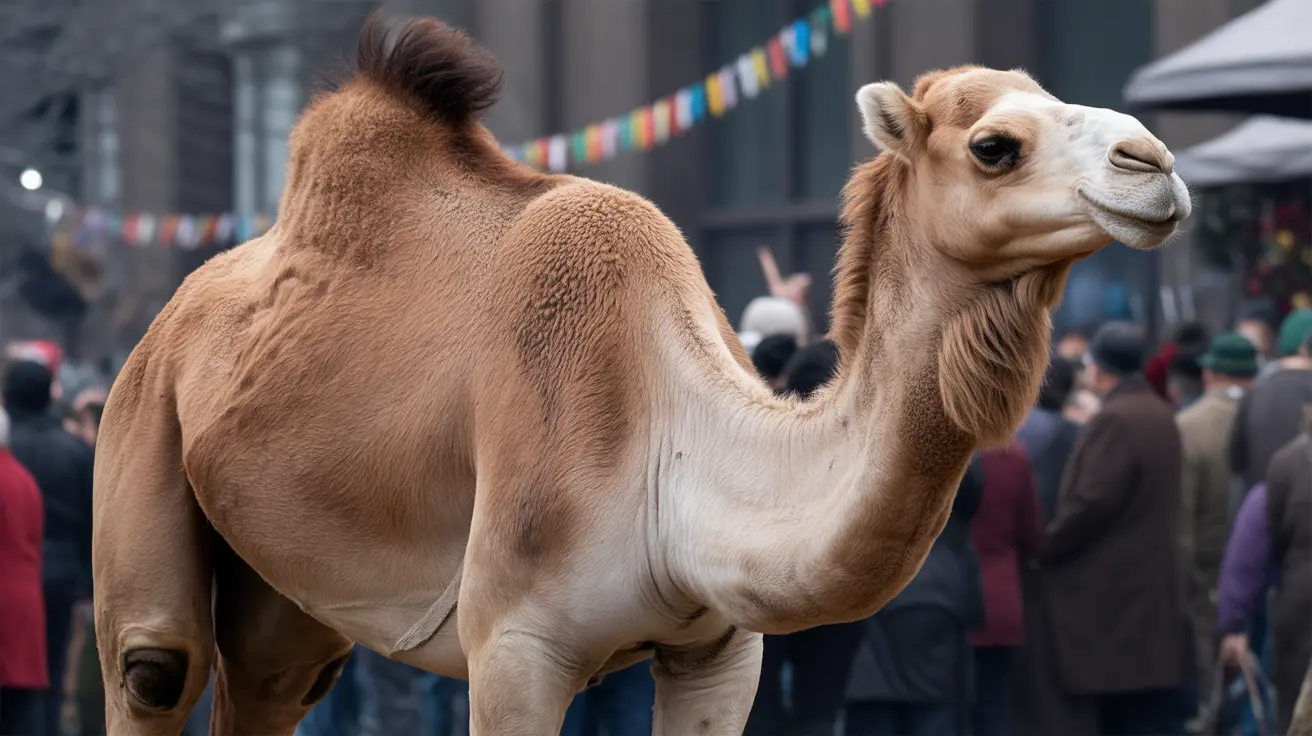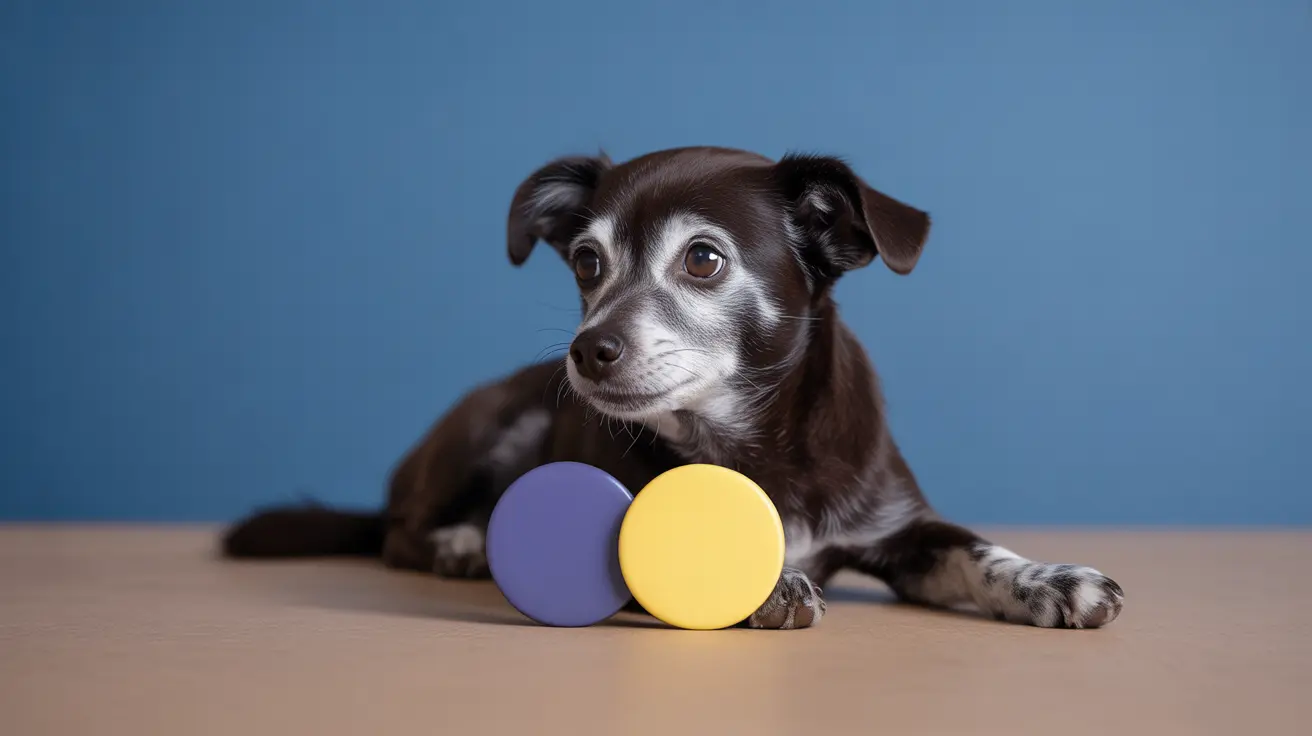Understanding Which Types of Corn Are Unsafe for Dogs
Corn is a common ingredient in many commercial dog foods and can be safe for dogs when served properly. However, not all forms of corn are suitable for canine consumption. It’s essential for pet owners to distinguish between safe and unsafe corn products to prevent health issues.
Safe Corn for Dogs
Plain, cooked corn kernels served without additives can be a healthy treat for dogs. Corn contains:
- Carbohydrates for energy
- Fiber to support digestion
- Protein for muscle development
- Vitamins like B-complex and C
- Minerals including magnesium and potassium
- Polyunsaturated fatty acids helpful for skin and coat
- Antioxidants such as lutein
Forms of Corn Unsafe for Dogs
Despite corn's nutritional benefits, some variations are hazardous:
- Corn cobs: Indigestible and pose severe choking or intestinal blockage risks. Even small pieces can be dangerous.
- Corn husks and silk: Difficult to digest and may cause GI upset.
- Corn syrup: High in sugar, potentially leading to obesity or diabetes.
- Processed corn snacks: Includes corn chips, tortillas, or popcorn with salt, butter, or seasoning. These contain high sodium, oils, or artificial ingredients detrimental to dogs.
Signs of Corn-Related Health Issues
If a dog consumes an unsafe corn product, watch for:
- Choking or gagging
- Vomiting or diarrhea
- Lethargy
- Loss of appetite
- Swollen abdomen or abdominal pain
- Behavioral changes
Ingesting corn cobs could require emergency vet care, including possible surgery to treat blockages.
Dog Allergies to Corn
Though uncommon, dogs can develop allergic reactions to corn. Symptoms include:
- Itchy skin or paws
- Vomiting or gastrointestinal distress
- Facial swelling
- Recurrent ear infections
Stop feeding corn if such signs appear and consult your veterinarian, especially for dogs with known food sensitivities.
Guidelines for Safe Corn Feeding
- Serve only plain, cooked kernels. Avoid spices and oils.
- Limit portions: Treats, including corn, should not exceed 10% of a dog’s daily caloric intake.
- Watch frequency: 2–3 times per week is sufficient.
- Remove corn from the cob before feeding.
- Monitor for reactions after introducing corn.
Is GMO Corn a Concern?
Most commercial corn is genetically modified. While there's no conclusive evidence that GMO corn harms dogs, those concerned can opt for dog food brands using non-GMO ingredients.
Takeaway
Corn can be a safe and nutritious treat for your dog when served correctly. Avoid corn cobs, husks, silk, syrup, and processed snacks. Ensure moderation and preparedness in case of adverse reactions. Always consult your vet about introducing new foods to your pet’s diet.





